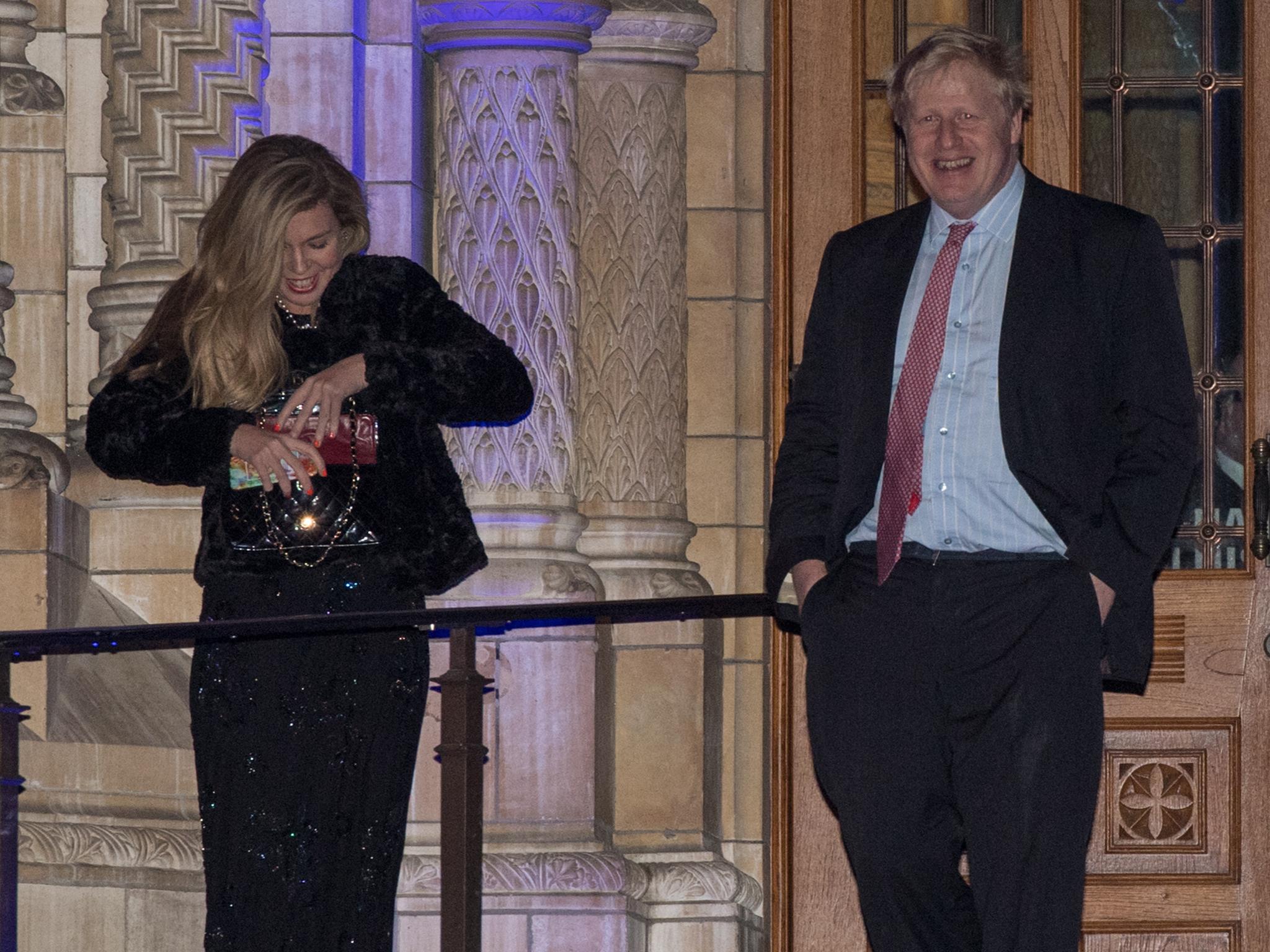The Top 10: Adjectives Usually Used of Women
Words that tend not to be used about men


Your support helps us to tell the story
From reproductive rights to climate change to Big Tech, The Independent is on the ground when the story is developing. Whether it's investigating the financials of Elon Musk's pro-Trump PAC or producing our latest documentary, 'The A Word', which shines a light on the American women fighting for reproductive rights, we know how important it is to parse out the facts from the messaging.
At such a critical moment in US history, we need reporters on the ground. Your donation allows us to keep sending journalists to speak to both sides of the story.
The Independent is trusted by Americans across the entire political spectrum. And unlike many other quality news outlets, we choose not to lock Americans out of our reporting and analysis with paywalls. We believe quality journalism should be available to everyone, paid for by those who can afford it.
Your support makes all the difference.I tried to do this years ago but was distracted by questions of etymology – feisty coming from the German “fist”, a small excitable dog. I was prompted to return to it by the description of Carrie Symonds, Boris Johnson’s paramour, as “flirty” by The Daily Telegraph. This list started off as “adjectives used only of women”, but every search turned up a large minority of uses referring to men.
1. Feisty. Easily the most popular nomination, although a quick search established that it is often used in reporting men’s sport. Thomas Bjorn, a golfer, “can be feisty and gnomic”, according to The Times, and Alfredo Morelos “was a strong and feisty addition” to the Rangers team.
2. Flirty. Again, generally used of women, but in the popular press men are always sending “flirty texts”.
3. Ditsy. Nominated by Mary Elwin.
4. High maintenance. Thanks to Sirena Bergman. Also often used of male footballers, such as in several recent references to Paul Pogba.
5. Bossy. Nominated by Sean O’Grady. Although I did come across an article by a woman complaining of her bossy husband-to-be.
6. Needy. Another -y word, suggested by Teri. Although, again, a search brought up the stereotypical divorcé, a “needy, conflicted man”, and Andrea Mantegna, the painter, described as feeling “quite needy”.
7. Slovenly. From Mary Elwin again. Also popular in male sports reporting – a “slovenly pass” – although men tend to be slobbish.
8. Fey. Old English, “fated to die soon”. Nominated by Sarah Kelly.
9. Bubbly. I don’t know what it is about Pogba, but he was described as “bubbly” the other day.
10. Assertive. Nominated by David Sutherland.
There is always one, and this week it is James Farrar, who nominated “female”.
Next week: Fluffed lines, in memory of Vince Cable, who delivered “erotic spasm” as “exotic spresm” in his Lib Dem conference speech
Coming soon: British Place-Name Pronunciations for the Unwary, such as Trotiscliffe, pronounced Trosley
The e-book of Top 10s, Listellany, is still available for £4.74
Your suggestions please, and ideas for future Top 10s, to me on Twitter, or by email to top10@independent.co.uk
Join our commenting forum
Join thought-provoking conversations, follow other Independent readers and see their replies
Comments